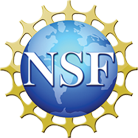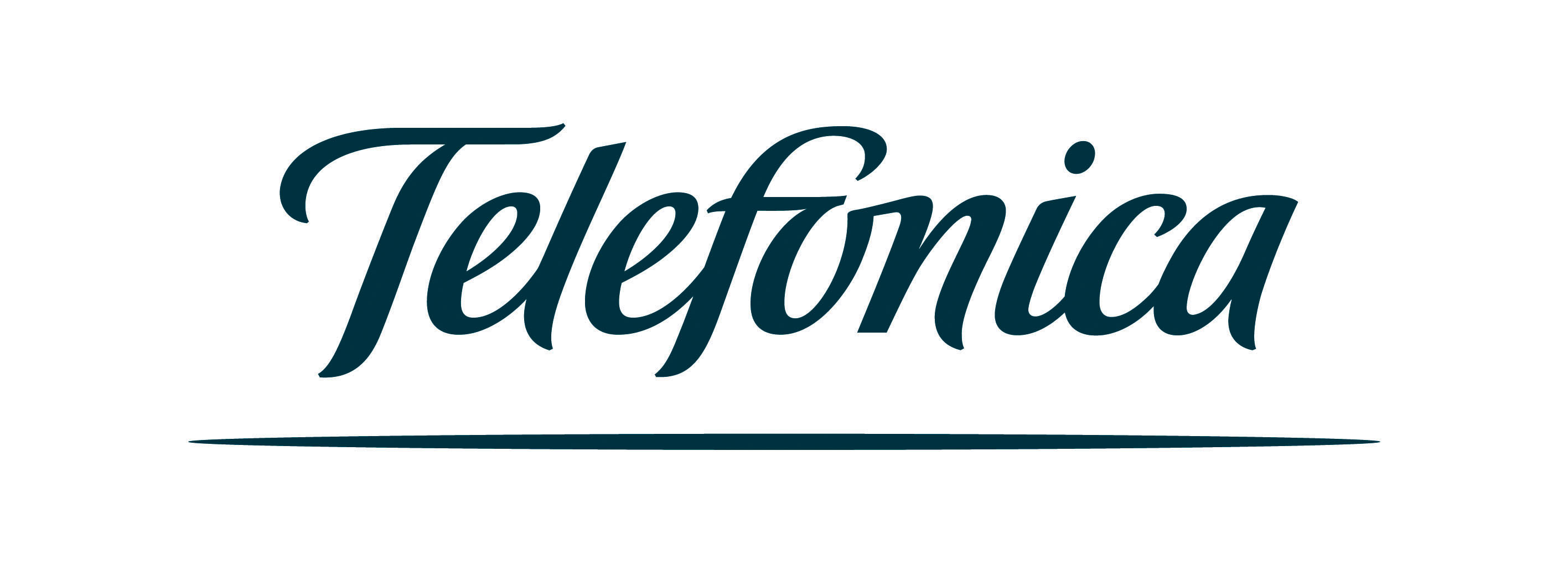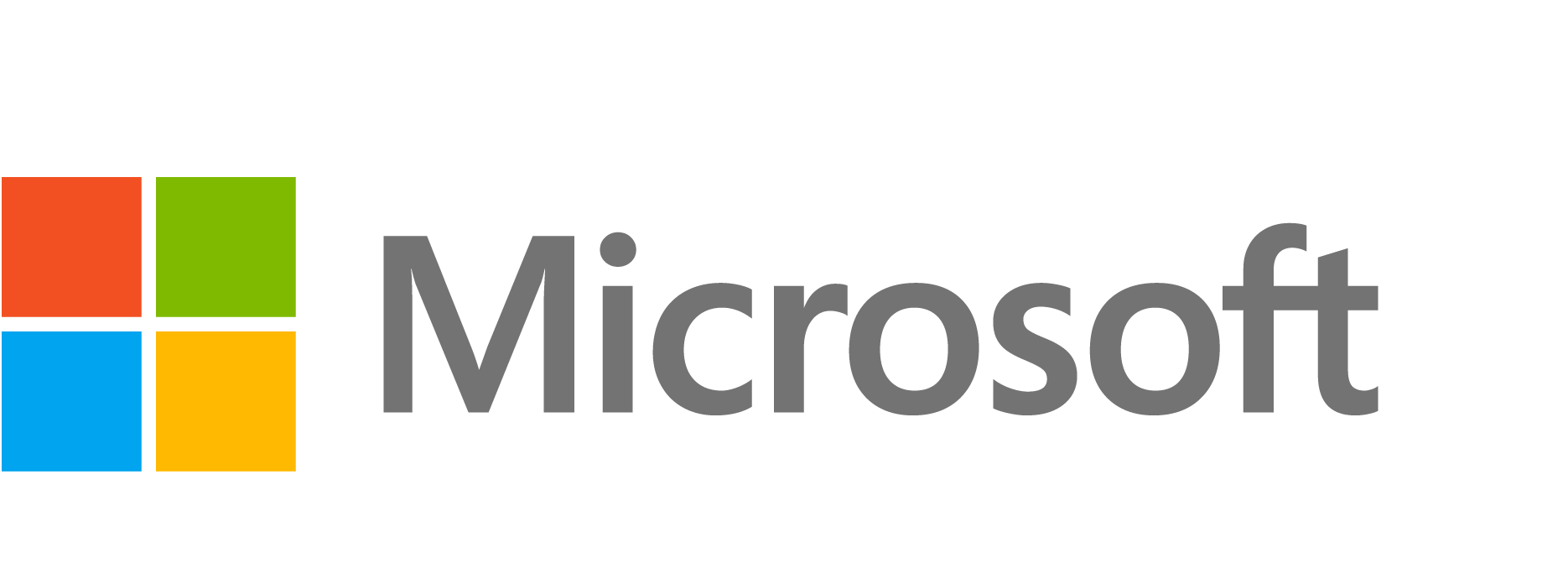Scope
Traditional healthcare environments are extremely complex and challenging to manage, as they are required to cope with an assortment of patient conditions under various circumstances with a number of resource constraints. Pervasive healthcare technologies seek to respond to a variety of these pressures by successfully integrating them within existing healthcare environments. Technologies, standards and procedures on their own provide little and or no meaningful service. It is essential that pervasive healthcare environments, through a combined approach of data collection, data correlation and data presentation, assist healthcare professionals in delivering high levels of patient care, and empower individuals and their families for self-care and health management.
- Sensing/Actuating Technologies and Pervasive Computing
- Medicine, Nursing, and Allied Health Professions
- Human-Computer Interaction (HCI) and Computer Supported Cooperative Work (CSCW)
- Hardware and Software Infrastructures
Understanding Users
- Identifying and addressing stakeholder needs
- Usability and acceptability
- Barriers and enablers to adoption
- Social implications of pervasive health technology, and social inclusion
- Coverage and delivery of pervasive healthcare services
- Patient and caregiver empowerment
- Diversity: population and condition-specific requirements
- Inclusive research and design: engaging underrepresented populations
- Digital interventions and health behavior change
Applications
- Autonomous systems to support independent living
- Clinical applications, validation and evaluation studies
- Telemedicine and mHealth solutions
- Chronic disease and health risk management applications
- Health/Wellbeing promotion and disease prevention
- Home based health and wellness measurement and monitoring
- Continuous vs event-driven monitoring of patients
- Smart homes and hospitals
- Using mobile devices in the storage, update, and transmission of patient data
- Wellbeing and lifestyle support
- Systems to support individuals with auditory, cognitive, or vision impairments
- Systems to support caregivers
Knowledge Representation and Reasoning
- Physiological models for interpreting medical sensor data
- Activity recognition and fall detection
- User modelling and personalization
- Modelling of Pervasive Healthcare environments
- Sensor-based decision support systems
- Design and evaluation of patient and ambient-related sensors
- Wearable and implantable sensor integration
- Data fusion in pervasive healthcare environments
- Data mining of medical patient records
- Software architectures
- Electronic Health Records
Pervasive Healthcare Management
- Challenges surrounding data quality
- Standards and interoperability in pervasive healthcare
- Business cases and cost issues
- Security and privacy issues
- Training of healthcare professional for pervasive healthcare
- Legal and regulatory issues
- Staffing and resource management
Important Dates
| Paper Deadline | 3 February 2017, 23:59 PST |
| Notification Deadline | 27 March 2017 |
| Camera-ready Deadline | 12 April 2017 |
| Start of Conference | 23 May 2017 |
| End of Conference | 26 May 2017 |
Highlights
- The event is endorsed by the European Alliance for Innovation, a leading community-based organisation devoted to the advancement of innovation in the field of ICT.
- Proceedings are submitted for inclusion to the leading indexing services: DBLP, Google Scholar, Thomson Scientific ISI Proceedings, EI Elsevier Engineering Index, CrossRef, Scopus, as well as ICST's own EU Digital Library (EUDL).
- The authors of the Accepted Papers will be invited to submit an extended version of their work through one of the following EAI endorsed publications:
Submissions
The conference invites the submission of original work in one or more of the following formats: full and short papers, workshops, posters, interactive demonstrations. All papers must be written in ACM SigCHI format.
Check the submission page for all submission details and templates. Pervasive Health 2017 will accept submissions in the following categories:
Full papers (up to 8 pages 10 pages)
Full papers are submissions describing results and original research work not submitted or published elsewhere in one of the four main categories listed above. Full papers should properly place the work within the field, cite related work, and clearly indicate the innovative aspects of the work and its contribution to the field.
Short Papers (up to 4 pages)
Short papers are envisioned as submissions describing original research that is much more focused and smaller in scope than full research papers. Short papers are not expected to provide all the details on the research, but rather focus on the most innovative and salient aspects. In addition, short papers are not expected to include a comprehensive review of related work. Short papers will be presented during the main track of the conference.
Posters (up to 4 pages)
Poster category combines submissions reporting on the progress of ongoing research and insights into the lessons learned from current (industrial, practitioners, government, etc.) pervasive healthcare practice.
Medical Perspective Abstracts (1-2 pages)
Authors are invited to submit work in traditional medicine whose results are interesting to Pervasive Health audience. This track will give Pervasive Health attendees a way to learn about ongoing research initiatives, both in medicine and technology, and will provide presenters with an excellent opportunity to receive invaluable direct feedback from experts.
Demos (2 pages)
The demos track will showcase the latest developments and prototypes related to the topics of interest of the conference. The expected demo submissions should describe the technical details of the demo alongside its contribution to the healthcare domain.
Workshop proposals (2 pages)
Several workshops will be run in conjunction with the conference. The purpose of these workshops is to discuss work in progress and explore opportunities for new research related to pervasive healthcare. Innovative, high-risk frontier research ideas are particularly welcome as a main topic of a workshop.
Doctoral Consortium (4 pages)
This full day event will enable doctoral students to present and reflect on their work alongside other doctoral students and a panel of experts. Submissions have to address the following questions:
- What is the problem? What are you going to solve?
- Who cares? Why should people care about this problem?
- What have other people done about it? Literature review. Why is that not sufficient? What are the gaps and unanswered questions?
- What are you going to do about it? Your approach
- What are you really going to do about it? Methods, operationalization, sample
- When do you know you are done?
- What do you expect to find? What did you find? Results
- What does this mean? Conclusions
- Who cares? Implications
- What would you like to know from the DC faculty panel?
Each paper will be blind, peer-reviewed by members of the Pervasive Health program committee with additional expert reviewers drawn from relevant research domains. Submissions will be evaluated based on their originality, significance of the contribution to the field, technical correctness and presentation. The paper should make explicit how the work offers unique and substantial contribution beyond what has already been published or submitted.
The Doctoral Consortium papers will not be published to ensure the student's work is kept in confidence, however students will present their work in a presentation during the doctoral consortium and via a poster in the main conference poster session.
Students are requested to provide a short letter from their advisor noting their year in the program, years until the student should defend, and how the DC will help with their research.
Submission: Complete application packages (with 4 page submission and Advisor letter) should be submitted through EAI 'Confy' system at Confy. All papers must be written in ACM SigCHI format.
How do I submit a paper in Confy?
- Go to Confy website
- Login or sign up as new user
- Scroll the list of conferences open for submission
- Select PERVASIVE HEALTH 2017
- Select the submission type (Doctoral Consortium)
- Click the 'submit a paper' link and follow the instructions
Faculty Panelists Doctoral Consortium Co-Chairs: Rosa Arriaga, Georgia Institute of Technology and Gabriela Marcu, Drexel University. Panelist will include distinguished attendees from the Pervasive Health 2017 TPC.









































